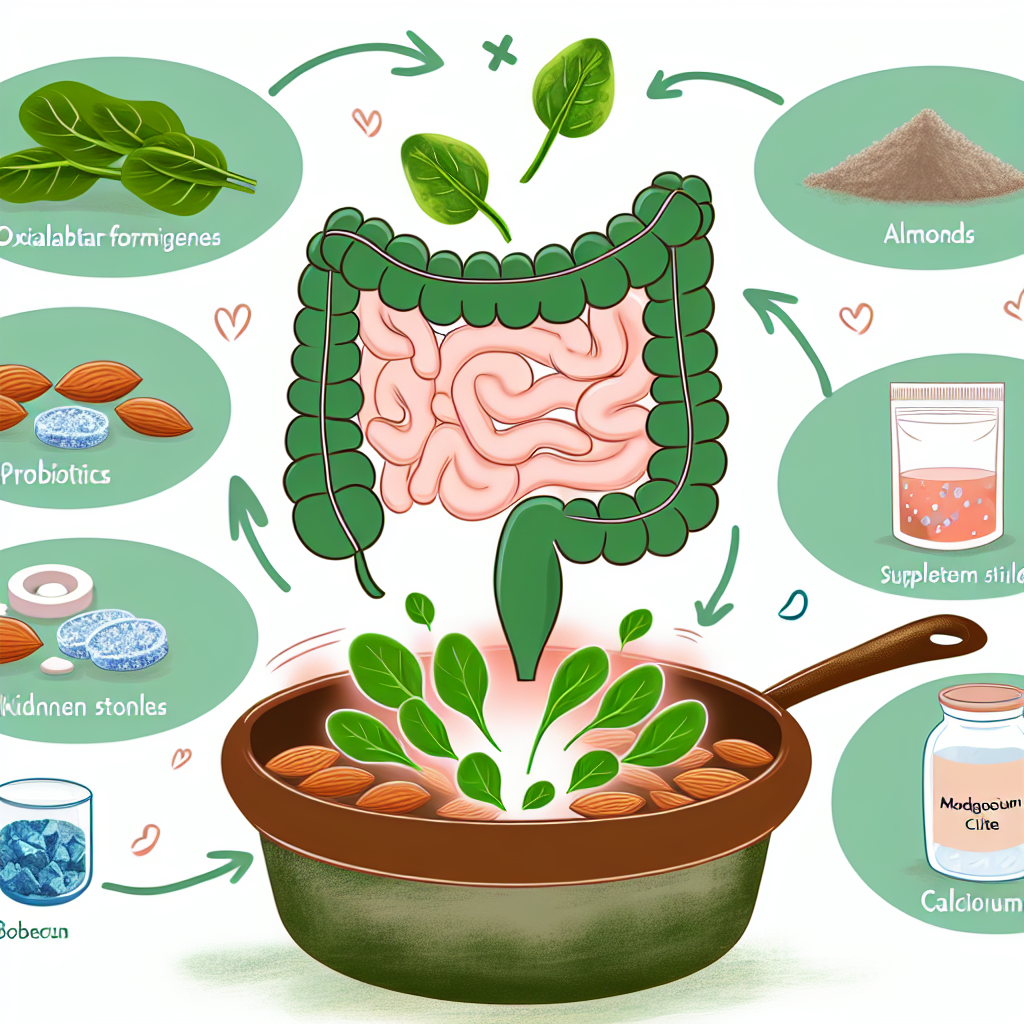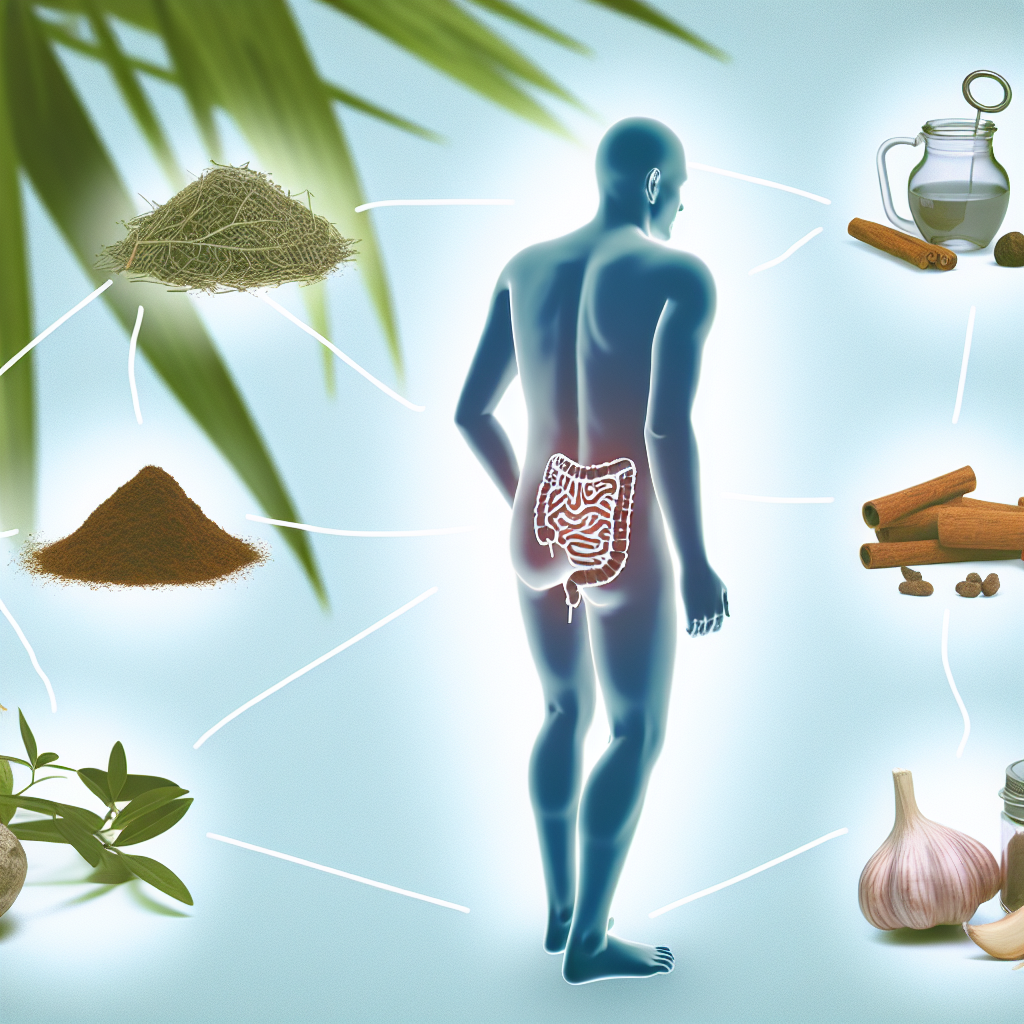Herbal Antibiotics: Research-Backed Botanicals for Pathogenic Gut Infections
Introduction: The Gut-Healing Power of Nature
Our digestive tract is home to trillions of microorganisms — collectively called the gut microbiota — that play a crucial role in nutrient absorption, immune function, and even mental well-being. However, when pathogenic bacteria, fungi, or parasites invade this delicate ecosystem, it can result in a cascade of health issues ranging from bloating and irregular bowel movements to more serious conditions like small intestinal bacterial overgrowth (SIBO), irritable bowel syndrome (IBS), and inflammatory bowel disease (IBD).
Conventionally, antibiotics are administered to eliminate these unwelcome intruders. While effective, pharmaceutical antibiotics frequently lack selectivity, destroying both harmful and beneficial microbes alike. This disruption can lead to long-term dysbiosis, antibiotic resistance, and recurrent infections.
These concerns have catalyzed a shift toward more selective, plant-based solutions. That’s where herbal antibiotics come into the picture — naturally occurring, plant-derived substances with targeted antimicrobial properties and fewer side effects.
What Are Herbal Antibiotics and Why Do They Matter?
Herbal antibiotics have been staples in traditional medicine systems for centuries, including Traditional Chinese Medicine (TCM), Ayurveda, and Western herbalism. These plant-based remedies are rich in phytochemicals like alkaloids, flavonoids, terpenes, and phenols, which show antimicrobial, anti-inflammatory, and immunomodulating effects.
Unlike synthetic drugs, many herbal antibiotics work synergistically with the body. They not only target pathogens but also preserve beneficial microbes and support gut lining integrity. Backed by a growing body of scientific evidence, herbal antibiotics are fast becoming a go-to option for those seeking a holistic approach to gut healing.
Top 7 Research-Backed Herbal Antibiotics for Gut Infections
1. Berberine: The Broad-Spectrum Alkaloid Warrior
Found in Goldenseal, Oregon Grape Root, and Barberry, berberine is a powerful antimicrobial compound. According to the journal *Antimicrobial Agents and Chemotherapy*, berberine actively disrupts the DNA of harmful pathogens like *Helicobacter pylori*, *E. coli*, and *C. difficile*.
A notable 2015 study published in *Phytomedicine* found that berberine significantly reduced symptoms in patients with IBS linked to bacterial infections.
2. Oregano Oil: The Potent Antimicrobial Powerhouse
Oregano oil, rich in carvacrol and thymol, is a strong candidate for treating SIBO and Candida overgrowth. A study in the *Journal of Applied Microbiology* showed its effectiveness against more than 20 strains of pathogenic bacteria.
Uniquely, oregano oil appears to spare beneficial gut bacteria, giving it an edge over broad-spectrum pharmaceuticals.
3. Garlic: Nature’s Natural Antibiotic
Garlic contains allicin—a potent antimicrobial compound known to suppress bacteria like *Salmonella* and *Shigella*. According to the *Journal of Antimicrobial Chemotherapy*, garlic exhibits strong antifungal, antibacterial, and antiparasitic properties.
Additionally, garlic enhances gut mucosal immunity and promotes quicker recovery times.
4. Neem: Ayurvedic Antimicrobial Treasure
Long used in Ayurvedic medicine, neem exhibits antimicrobial activity against protozoa and bacteria, including *Giardia lamblia* and *E. coli*. Research in the *Indian Journal of Medical Microbiology* emphasizes its ability to disrupt microbial cell walls with minimal toxicity to human cells.
5. Black Walnut: The Parasite Cleanser
Black walnut hulls are rich in tannins and juglone — compounds that inhibit metabolic activities in parasites and bacteria. A study in *BMC Complementary and Alternative Medicine* supports its use for clearing gut parasites like *Blastocystis hominis* and *Entamoeba histolytica*.
6. Thyme: Antimicrobial and Anti-Candida Agent
Thyme‘s thymol compound offers strong action against *Candida albicans*, *H. pylori*, and even resistant bacterial strains. A study in the *European Journal of Clinical Microbiology & Infectious Diseases* revealed thyme essential oil’s effectiveness against antibiotic-resistant organisms.
7. Licorice Root: The Gut-Soothing Ally
While licorice root doesn’t kill pathogens directly, it’s a crucial herb for healing. Glycyrrhizin helps soothe inflammation, protect the gut lining, and promote microbial balance, especially beneficial post-antibiotic treatment.
Science Speaks: What Research Says About Herbal Antibiotics
Growing scientific literature supports the efficacy of herbal antibiotics in gut infection protocols:
– A 2014 clinical trial in *Global Advances in Health and Medicine* compared a herbal blend (berberine, oregano oil, thyme) with rifaximin for SIBO. The herbal group had a 46% eradication rate, outperforming the 34% seen with pharmaceutical antibiotics.
– A 2021 review in *Frontiers in Pharmacology* examined dozens of herbal studies, concluding that many botanical antimicrobials perform synergistically with conventional antibiotics — reducing the need for high-dose medications and mitigating side effects.
– A survey by the *National Center for Complementary and Integrative Health (NCCIH)* found more than 30% of individuals with chronic gut issues turn to herbal medicine, frequently reporting reduced symptoms and enhanced well-being.
Final Thoughts: Embracing Botanicals for Gut Health
Herbal antibiotics offer a powerful, holistic option for managing gut infections caused by bacteria, fungi, and parasites. Supported by both centuries of use and modern science, herbs like berberine, oregano oil, garlic, and thyme provide targeted action with fewer side effects than conventional drugs.
For anyone seeking to rebalance their gut microbiota without compromising its diversity, these herbal allies are worth considering. However, it’s paramount to consult with a qualified healthcare professional to ensure safe use and avoid interactions with current medications.
By integrating these botanicals wisely, you can harness the healing power of nature to restore gut health naturally and effectively.
Concise Summary:
Herbal antibiotics offer a natural, holistic approach to managing gut infections caused by pathogenic bacteria, fungi, and parasites. These plant-based remedies, backed by scientific research, target unwanted microbes while preserving beneficial gut flora. Herbs like berberine, oregano oil, and garlic provide powerful antimicrobial action with fewer side effects than conventional antibiotics, making them a valuable option for restoring gut health.
References:
– PMC Article on Herbal Antibiotics
– Study on Berberine in Phytomedicine
– Garlic and Antimicrobial Resistance
– Phytochemical Synergy Review – Frontiers in Pharmacology
– Neem Research
– Herbs at a Glance – NCCIH
– Herbal Protocols vs Rifaximin for SIBO

Dominic E. is a passionate filmmaker navigating the exciting intersection of art and science. By day, he delves into the complexities of the human body as a full-time medical writer, meticulously translating intricate medical concepts into accessible and engaging narratives. By night, he explores the boundless realm of cinematic storytelling, crafting narratives that evoke emotion and challenge perspectives.
Film Student and Full-time Medical Writer for ContentVendor.com




